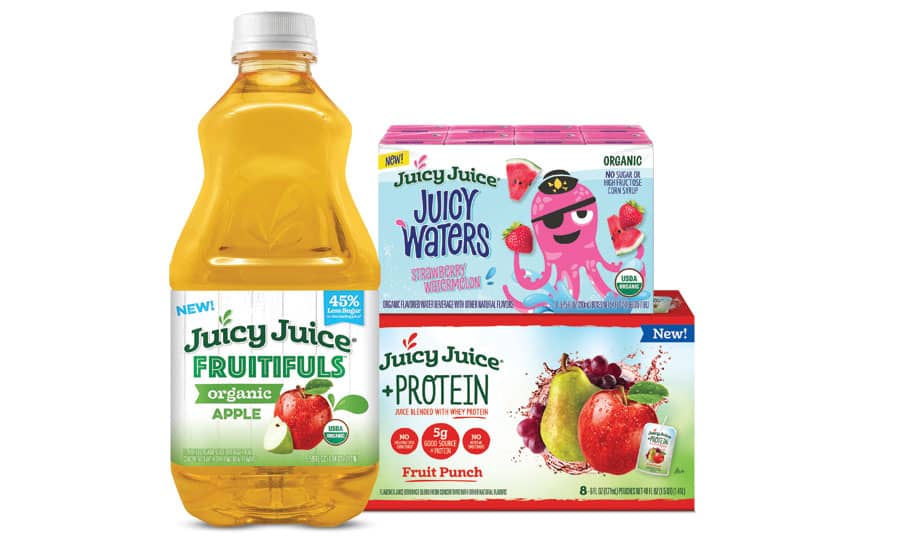If you follow tonyshealthtips.com closely, you know that I’m a big fan of “juicing,” “juice cleansing,” or “juice fasting.” Juices from fruits and vegetables is a great way introduce nutrients without burdening your body with digestion like food does. However, juice cleansing should only be done with fresh juices because there is a very big difference between fresh press juices at home and juices purchased from the grocery store. In this video, Tony breaks down how to find the healthiest juices in the grocery store.
Pasteurization
The pasteurization process kills bacteria to make it more “safe” for consumers on a mass scale, but pasteurization appears to have consequences as well. While there isn’t a lot of science specifically on pasteurizing juices, the data 
A 2002 Australian paper cited the following impacts on the pasteurization of milk: Proteins losing quaternary structure, tertiary structure, and secondary structure, lactose-protein interaction, formation of a range of carbonyl, isomerisation of lactose, sulphydryl compound formation, and formation of insoluble substances. Those in the “raw food” community believe Ann Wigmore’s live enzyme theory, that pasteurization essentially “kills” food because high temperatures destroy enzymes in food. This theory is heavily criticized and discredited by today’s doctors and scientists.
It’s challenging, but not impossible, to find non-pasteurized juices in the grocery store.
Added sweeteners
Fruit juice is already loaded with natural sugars, however food manufactures battling each other profit, are in a constant war to make their items taste better so they can win your dollars and loyalty. These added processed sugars make many grocery store juices unhealthy. Some juices on the grocery store shelf are on par with soda pop in terms of the damage its doing to our bodies. High fructose corn syrup, cane juice, and sugar are all examples of the unhealthy and unnecessary added sweeteners on juices but there are literally too many to list.
Juices in the grocery store are also often diluted with water (which is another reason why they add sweeteners). Can you imagine making a fresh juice at home and then pouring water into it? It seems silly, but this is exactly why companies are doing on a regular basis.
Sources: Williams, R.P.W., Australian Journal of Dairy Technology, Vol. 57: No. 1 (April 2002), The relationship between the composition of milk and the properties of bulk milk properties; Datta, Nivedita, Deeth, Hilton, C., Food and Bioproducts Processing: Transactions of the Institution of Chemical Engineers, Vol. 79: Part C, Age Gelation of UHT Milk: A Review; Datta, Nivedita, Deeth, Hilton, C. et. al., Australian Journal of Dairy Technology. Vol. 57: No 3. (October 2002), Ultra-high-temperature (UHT) treatment of milk: comparison of direct and indirect modes of heating.

